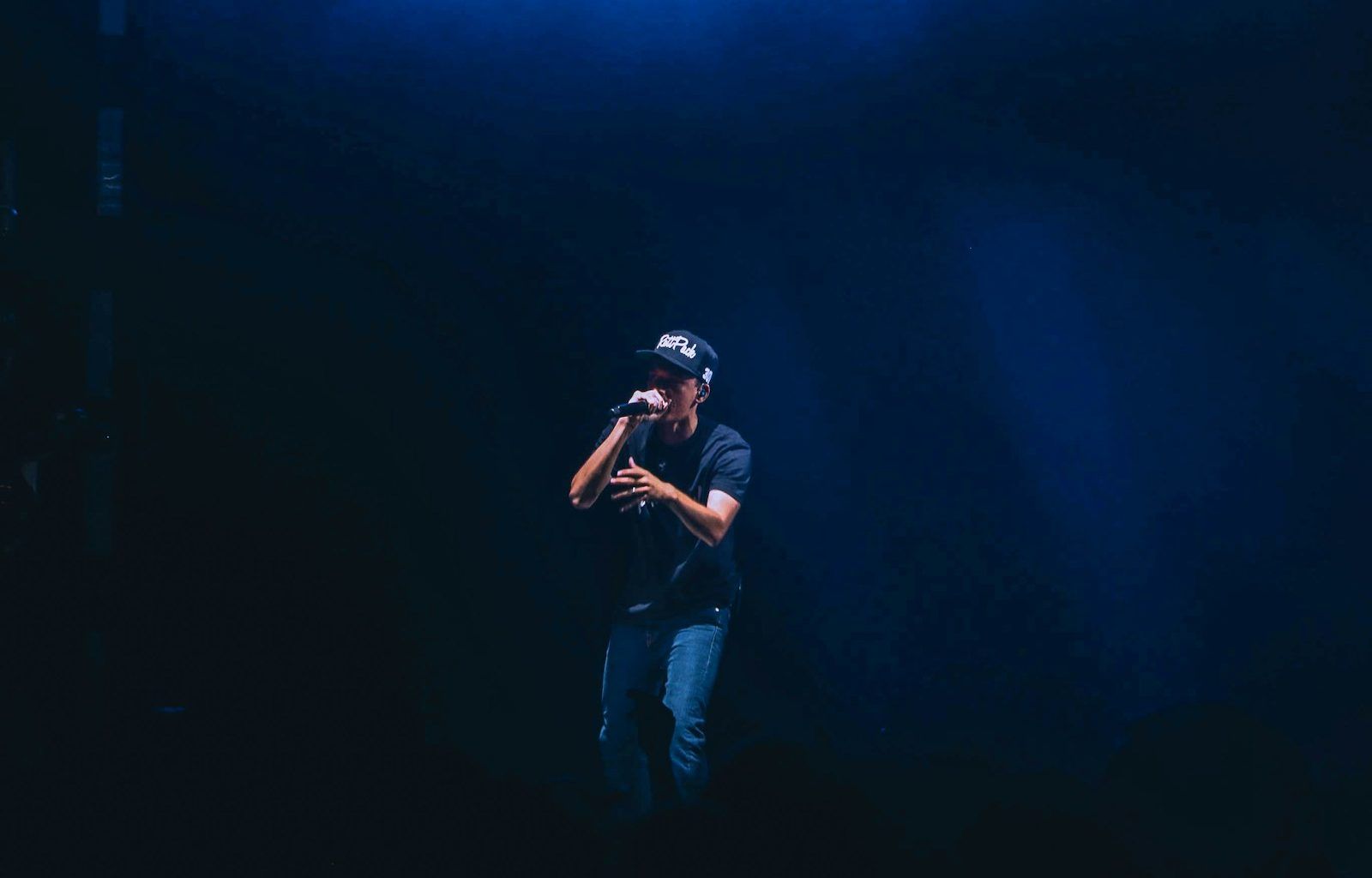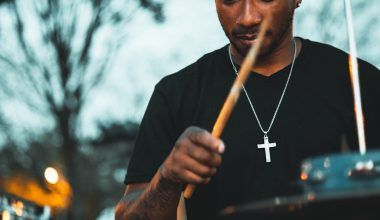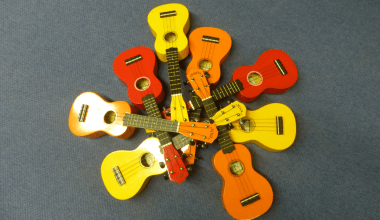Pakistan’s music industry has always been rich with diversity, from classical qawwalis to the soulful tunes of pop and rock. But a new genre has made waves in recent years — rap. The rise of the Pakistani rapper has brought a fresh narrative to the music scene, blending traditional influences with modern beats.
Rappers in Pakistan are not just artists; they are storytellers. They highlight the struggles of the common man, societal issues, and personal experiences. With their dynamic lyrics and bold personalities, they are reshaping the country’s cultural landscape.
Early Days of Rap in Pakistan
Rap first found its roots in Pakistan during the late 1990s. Inspired by international hip-hop icons, early Pakistani rappers started experimenting with the genre. However, the journey was anything but easy. In a society where traditional music dominated, rap was considered a niche style.
Artists like Fakhar-e-Alam and Ahmed Ali Butt were among the pioneers. While their music leaned towards humor and satire, it set the stage for future generations of serious Pakistani rappers.
Breakthrough Moments for Pakistani Rappers
The emergence of platforms like YouTube, SoundCloud, and social media played a crucial role in amplifying the voice of the rapper. The mid-2010s marked a turning point when underground artists started gaining recognition.
Names like Bohemia, Young Stunners, and Faris Shafi became household names, each bringing a unique style. Their music resonated with the youth, who found their own struggles mirrored in the lyrics. These rappers talked about topics ranging from poverty and corruption to identity crises and generational conflicts.
The Role of Language in Pakistani Rap
A significant factor in the success of Pakistani rappers is their use of local languages. From Urdu and Punjabi to Pashto and Sindhi, rappers connect with their audience by using the vernacular. This linguistic diversity adds depth to their music, making it relatable and culturally relevant.
Urdu rap, in particular, has gained massive popularity. Its poetic nature allows artists to convey profound messages while staying rooted in tradition. Songs by artists like Talha Anjum and Talha Yunus showcase how beautifully rap and Urdu blend.
The Underground Rap Scene
While mainstream success has its benefits, the heart of Pakistani rap lies in its underground scene. This is where true experimentation happens. These rappers work without the constraints of commercial demands, giving them the freedom to express raw emotions and tackle taboo subjects.
Events like rap battles and cyphers have become common in cities like Karachi, Lahore, and Islamabad. These gatherings allow young talents to showcase their skills and build a loyal fanbase.
Challenges Faced by Pakistani Rappers
The journey of a rapper is not without hurdles. Lack of funding, limited platforms, and societal stigma are just some of the challenges these artists face. For many, rap is seen as a hobby rather than a legitimate career path.
Additionally, navigating censorship and societal expectations can be daunting. Topics like politics, religion, and personal struggles often land rappers in controversy. Despite these obstacles, the resilience of Pakistani rappers keeps the genre alive and thriving.
In today’s digital age, social media has become a powerful tool for Pakistani rappers. Platforms like Instagram, TikTok, and YouTube have allowed them to reach global audiences. Viral hits have given underground rappers a chance to step into the limelight.
Collaborations with international artists have also become more common. This exchange of culture and ideas is enriching the Pakistani rap scene and making it competitive on a global scale.
Women in Pakistani Rap
Rap in Pakistan isn’t just a male-dominated space anymore. Female rappers are making their mark, breaking stereotypes, and challenging norms. Artists like Eva B have shown that women can bring just as much fire and authenticity to the genre.
Their presence is inspiring a new wave of female talent, further diversifying the Pakistani rap scene.
The Global Influence of Pakistani Rappers
The influence of Pakistani rappers is no longer confined to national borders. Many artists are now performing internationally, showcasing their music on global stages. Their ability to merge Eastern and Western influences makes their sound unique and appealing to diverse audiences.
This global recognition is not only uplifting individual artists but also shining a spotlight on Pakistan’s rich cultural heritage.
Future of Pakistani Rap
The future looks bright for Pakistani rappers. With increasing recognition, more platforms are opening up for young talent. Music festivals, record labels, and collaborations are becoming more accessible, providing artists with opportunities to grow.
As Pakistani rap continues to evolve, it will undoubtedly remain a voice for the people, blending traditional roots with modern expressions.
For further reading, explore these related articles:
- Discover the Best Deals: YouTube Family Plan Price
- BTS Full Form in Video: Understanding the Magic of BTS
For additional resources on music marketing and distribution, visit DMT Records Private Limited.





